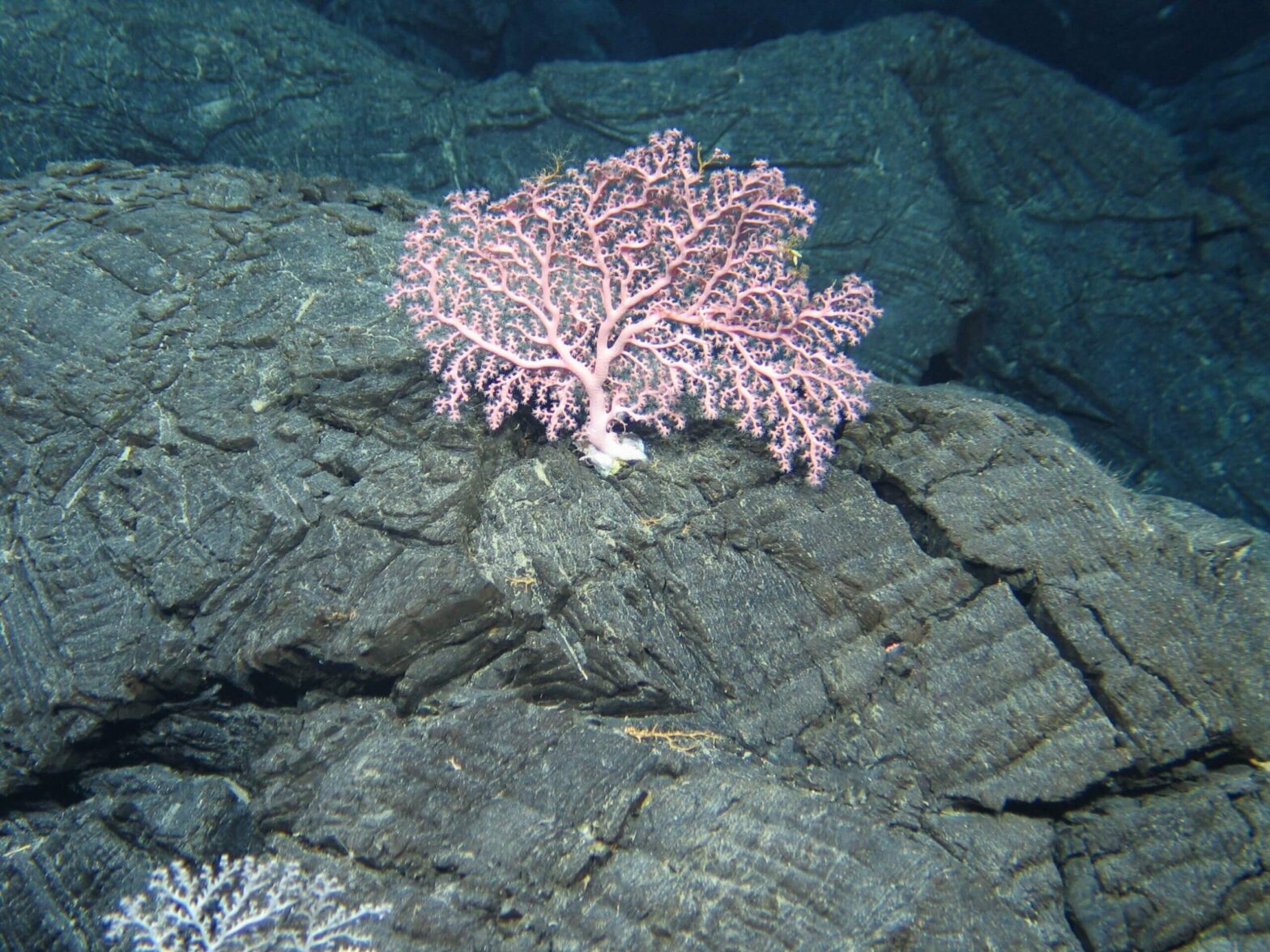Governments meet at the International Seabed Authority (ISA) to decide fate of the deep-sea
Between the 10th and 28th of July, countries will be meeting at the Headquarters of the International Seabed Authority (ISA) in Kingston, Jamaica, to further discuss the potential approval of the controversial practice of deep-sea mining. A two-year period (the so called ‘two-year-rule’) is ending on July 9th. The two-year-rule is a time-bound deadline triggered by the Republic of Nauru that requires States to either finalise and adopt regulations for deep-sea mining within 24 months or consider provisionally approving applications submitted after the two-years.
It could indeed happen that despite the absence of a clear scientific understanding of the impacts of deep-sea mining and without proper rules in place, licenses will be granted, giving way to the industrial exploitation of the deep-sea.
OceanCare is extremely concerned over the irreversible damage that is done by green lighting an activity that poses an immense risk to fragile ecosystems.
The deep-sea is considered the largest source of species and ecosystem diversity on Earth, with potentially millions of undiscovered species. We still know very little about deep-sea ecosystems but what is known is reason for the greatest caution.
Authorising deep-sea mining operations without being able to quantify its environmental impacts would worsen the crises of biodiversity loss and would lead to irreversible environmental damage, including the extinction of species, habitat destruction, sediment storms, wastewater disposal, noise, and light pollution. These effects would harm open ocean and deep-sea ecosystems and the livelihoods of those dependent on a healthy ocean.
There is a growing number of States, including France, Germany and most recently Switzerland, that have come out against deep-sea mining. There are also strong voices from the science world, the fishing industry, and the financial sector that have expressed concerns. World leading companies, such as BMW, Volkswagen, and Volvo, hence those companies that are dependent on raw material for the green transition, have likewise supported a moratorium.
OceanCare will be attending the 28th Session of the ISA in July and will continue to advocate for the application of the precautionary principle, appealing to governments to support a moratorium on deep-sea mining. A moratorium is in line with countries’ obligation to protect the ocean and their international commitments made in the context of the Kunming-Montreal Global Biodiversity Framework and the recently adopted treaty on the conservation of marine biodiversity in international waters (BBNJ-Treaty).
